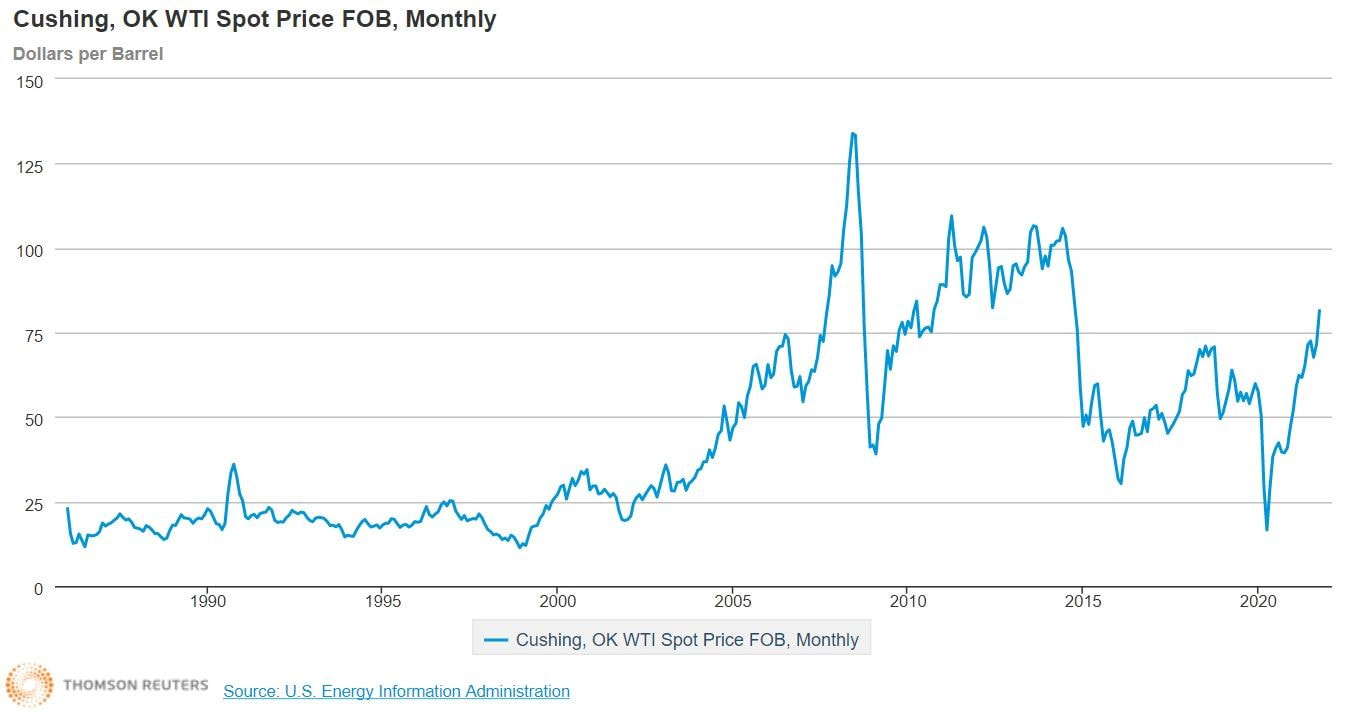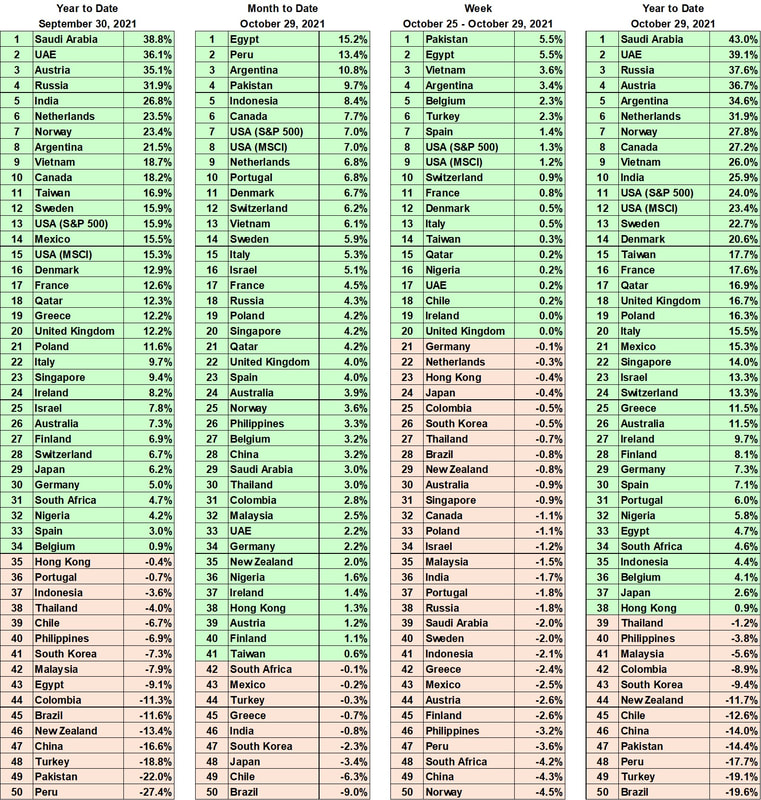We need to investigate the reasons for inflation with the same intellectual honesty and hard-nosed dedication as was demonstrated by a team of police officers in one of my favorite movies, “The Untouchables.” They were tasked with halting bootlegging operations of the gang led by Al Capone, an infamous Chicago-based gangster during the Prohibition in the 1930s. The team’s first attempt was thwarted by corrupt policemen who alerted Al Capone about a police operation against him. The gang’s activities continued. If we leave some of the reasons for inflation untouched because of political expediency or because we like the people who create them, we will not understand why inflation continues to rage while supposedly all the reasons for its development were eradicated.
Importantly, there is a difference between Al Capone and his gangsters and most people responsible for creating the factors that led to inflation development. The gangsters often care about their own interests and maybe those of their loved ones. In the overwhelming majority of cases, they do not care about the interests of society in general. Many people, who created some reasons for inflation, care about society. They proposed changes that, in their minds, would solve important societal problems. But they did not think about, could not forecast, or simply ignored the adverse side effects of their often single-minded pursuit of positive goals. This phenomenon can be described by an old, true saying, “The road to hell is paved with good intentions.”
Please see the list of inflation causes identified by BBIS and divided into groups below my signature."
To read the full report in PDF format, please Click Here
Please let me know if you have any questions about BBIS or the firm’s investment strategies, would like to be on our publication distribution list, or want to invest some funds with BBIS.
Thank you.
Best regards,
Vitaly Veksler, CFA
CEO & Portfolio Manager
Beyond Borders Investment Strategies, LLC
[email protected]
TOTAL RETURNS = PRICE APPRECIATION + DIVIDEND YIELD
Disclaimer: Opinions expressed in this report are of BBIS and are for information purposes only. This report does not represent investment advice. BBIS holds investment positions in single-country equity ETFs of some or all countries mentioned in the report. Past performance is no guarantee of future results











 RSS Feed
RSS Feed